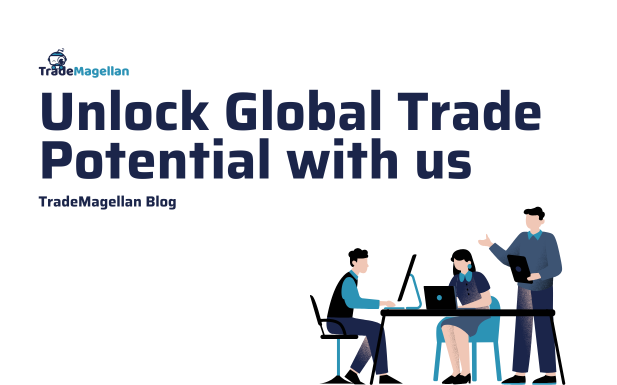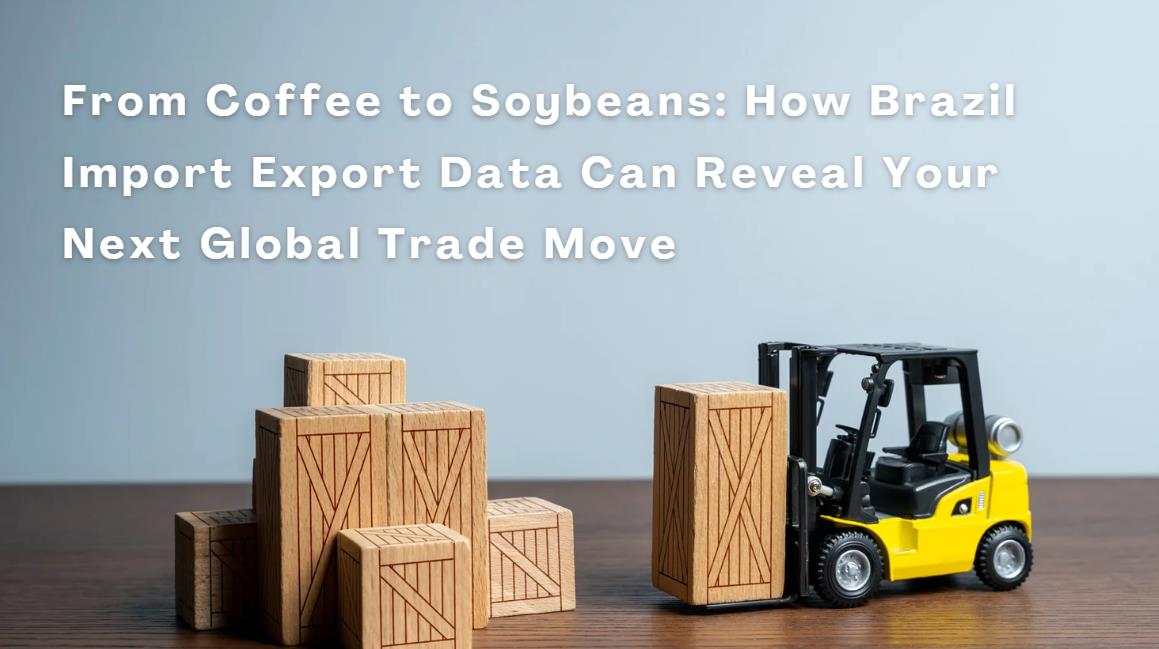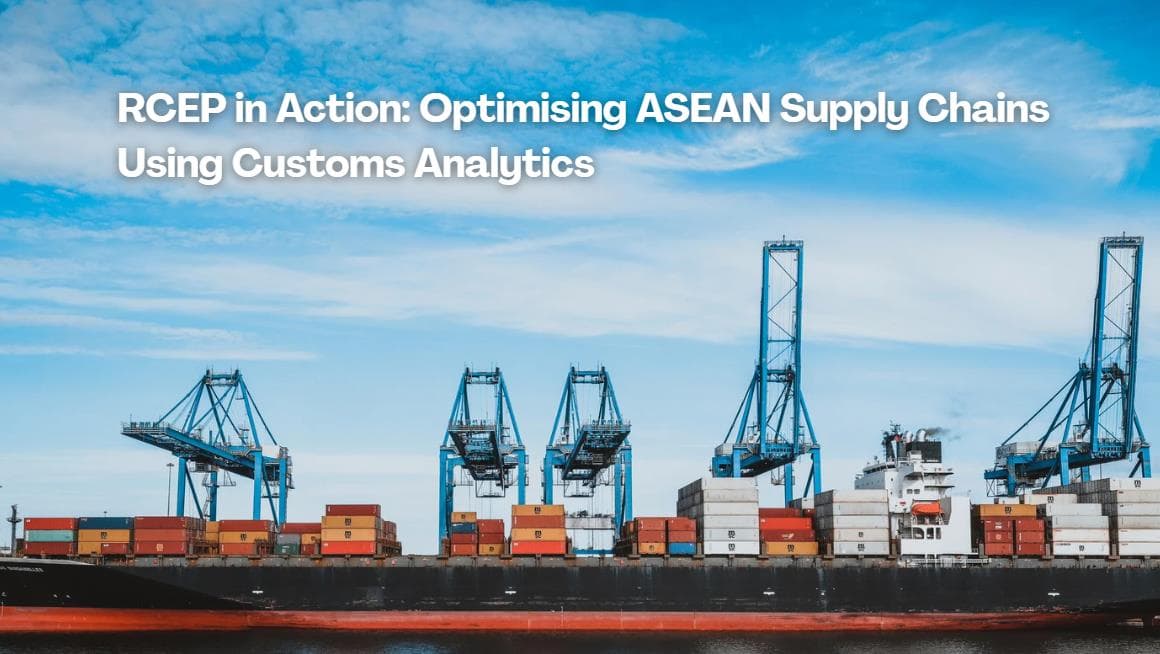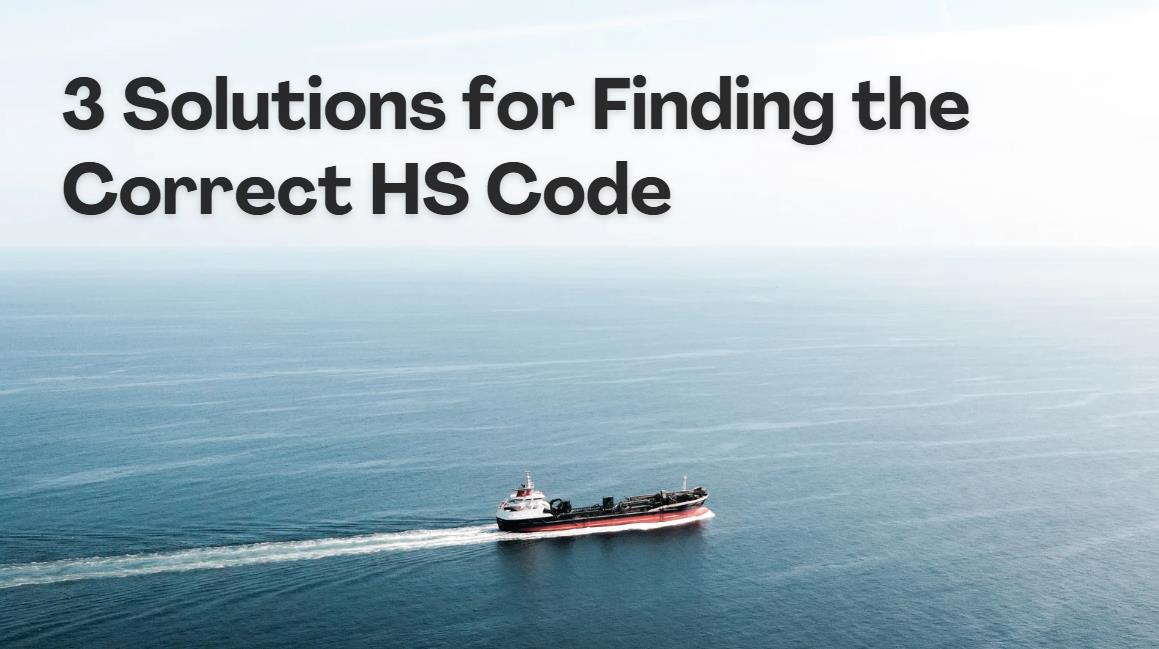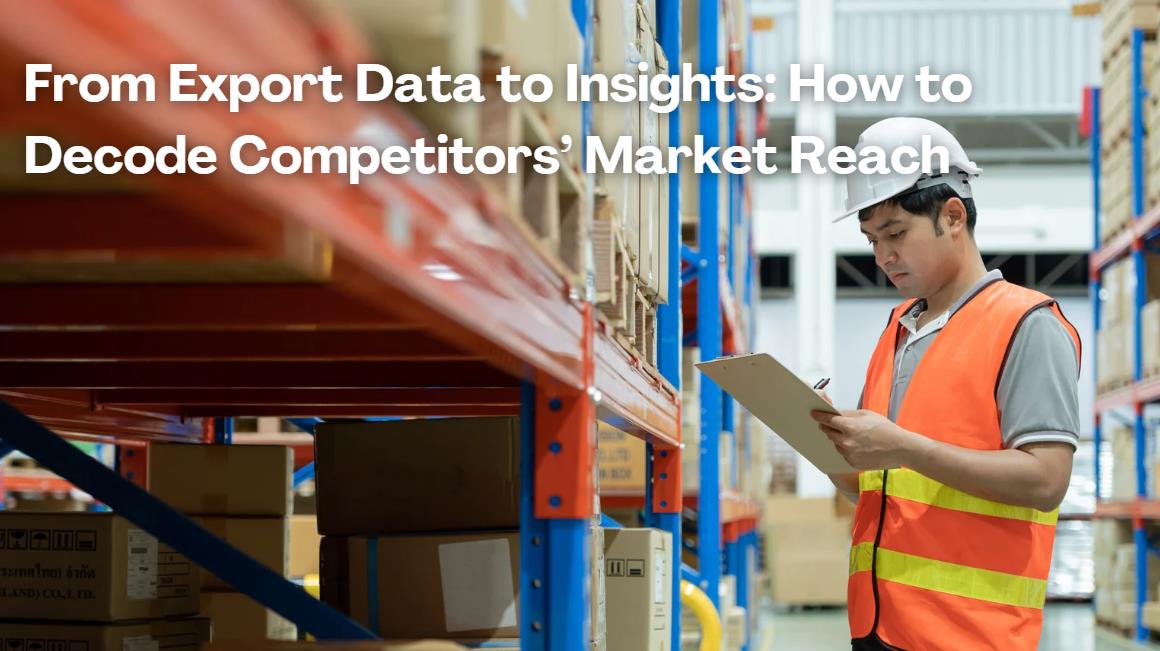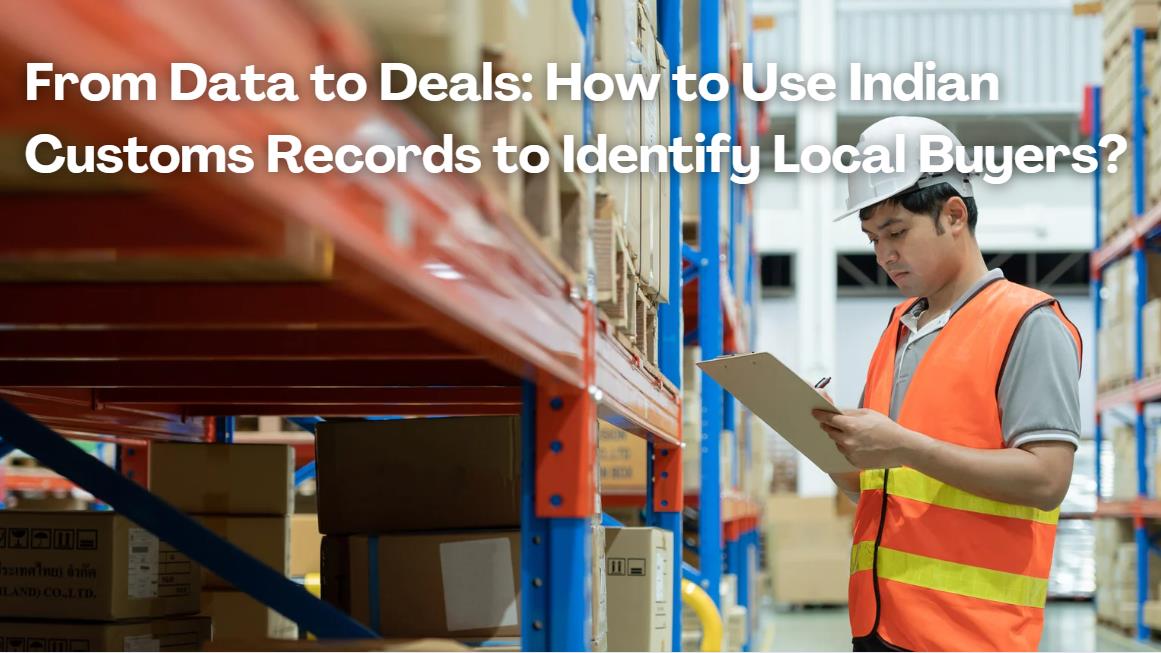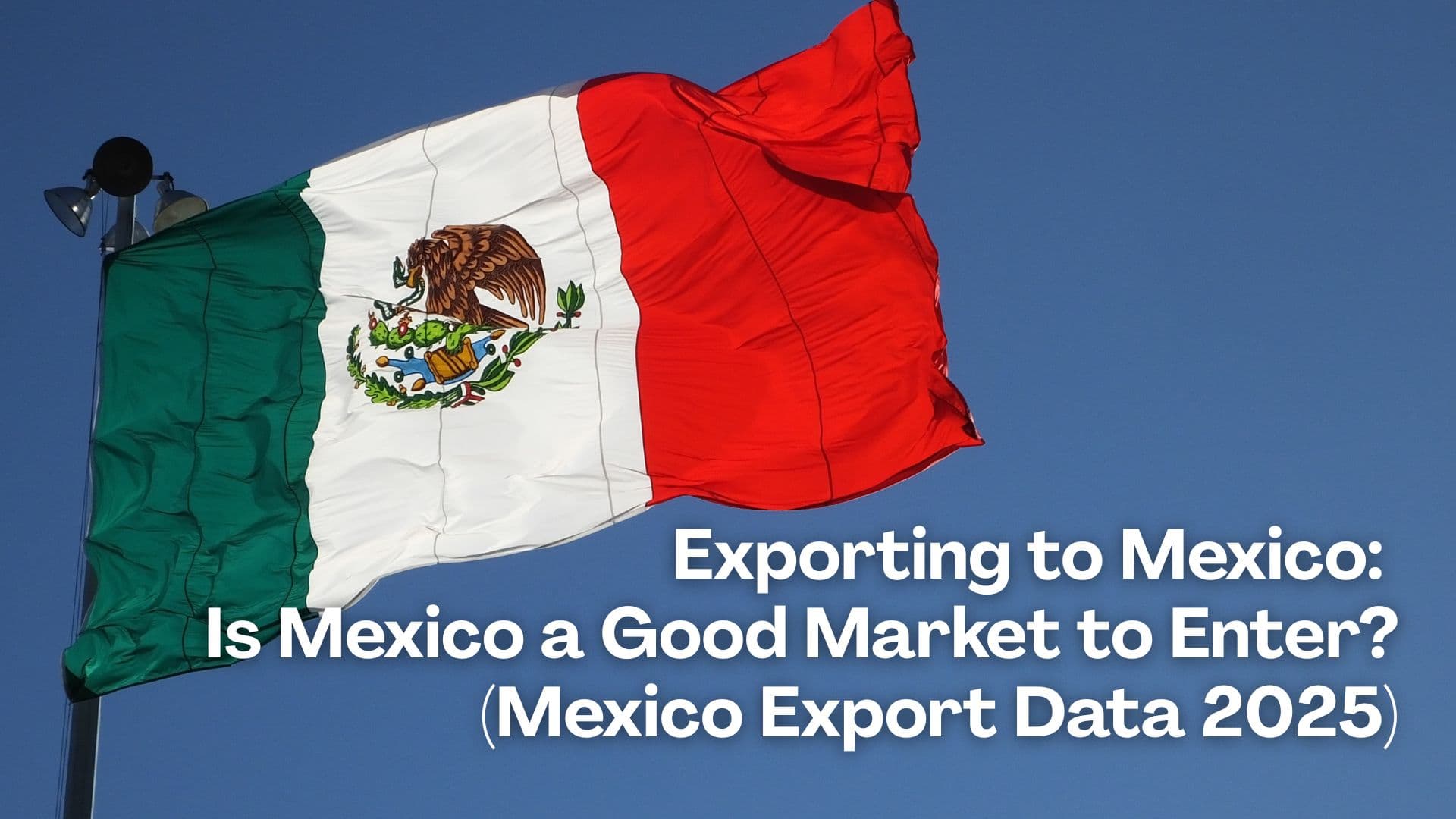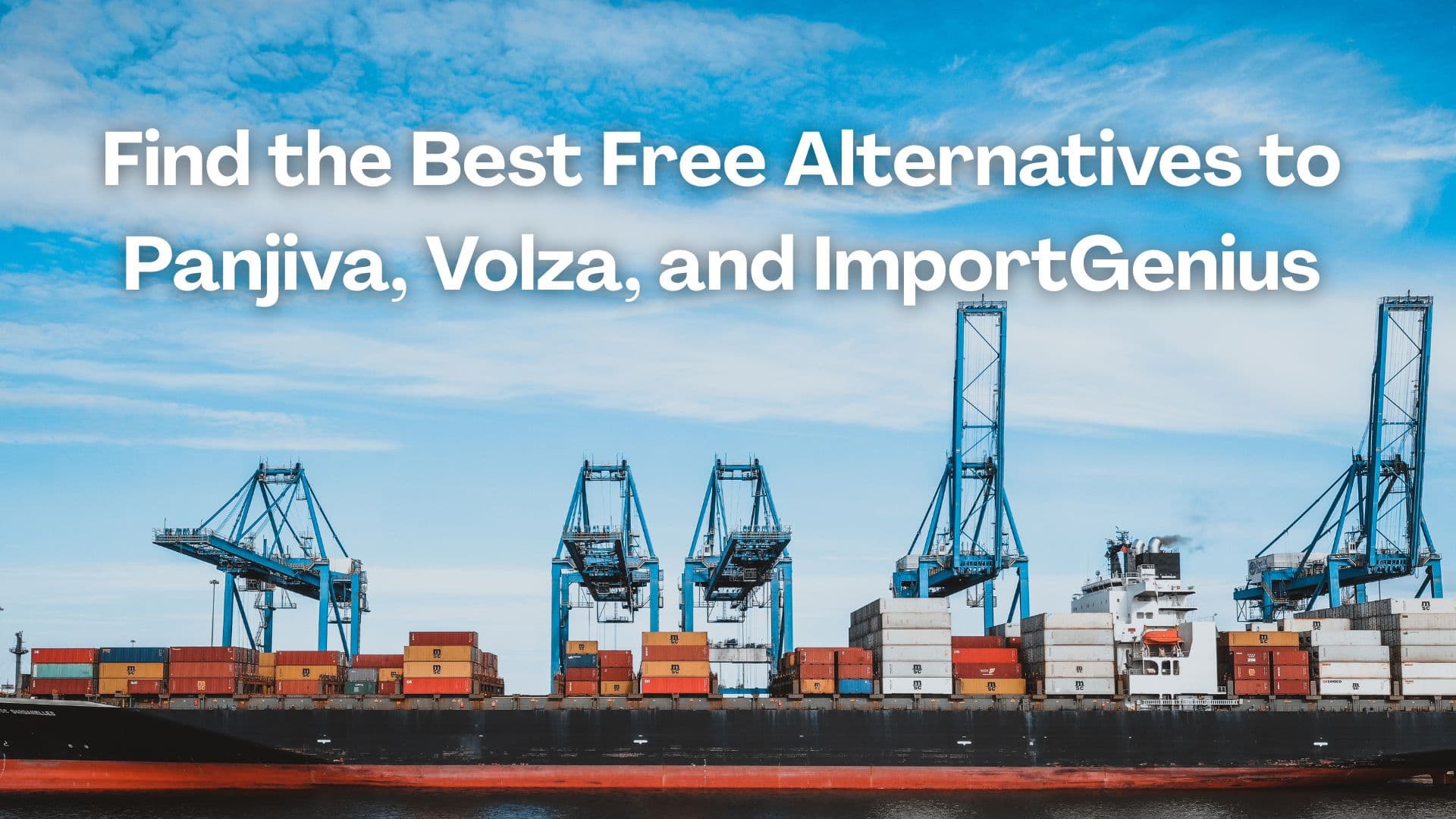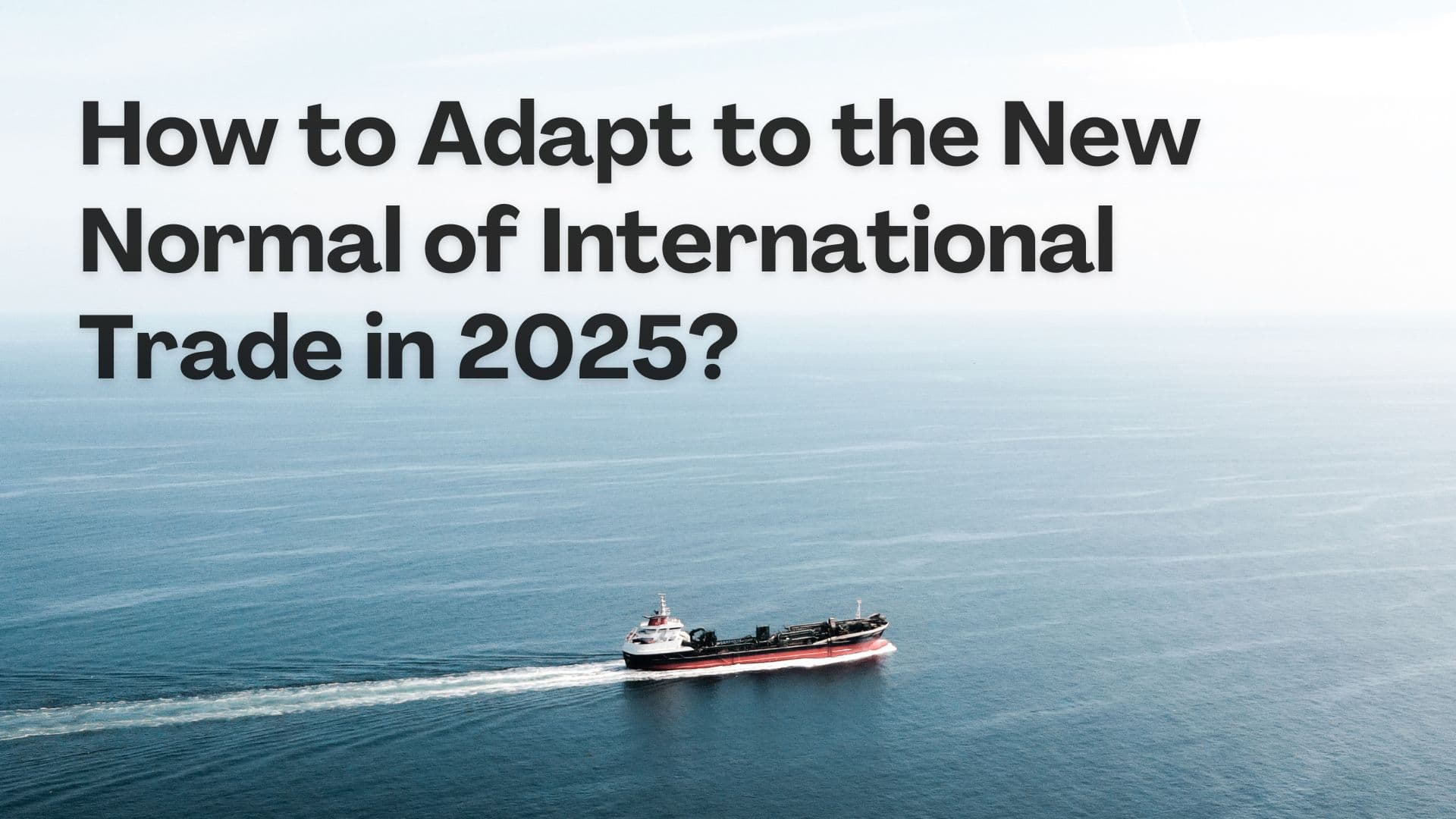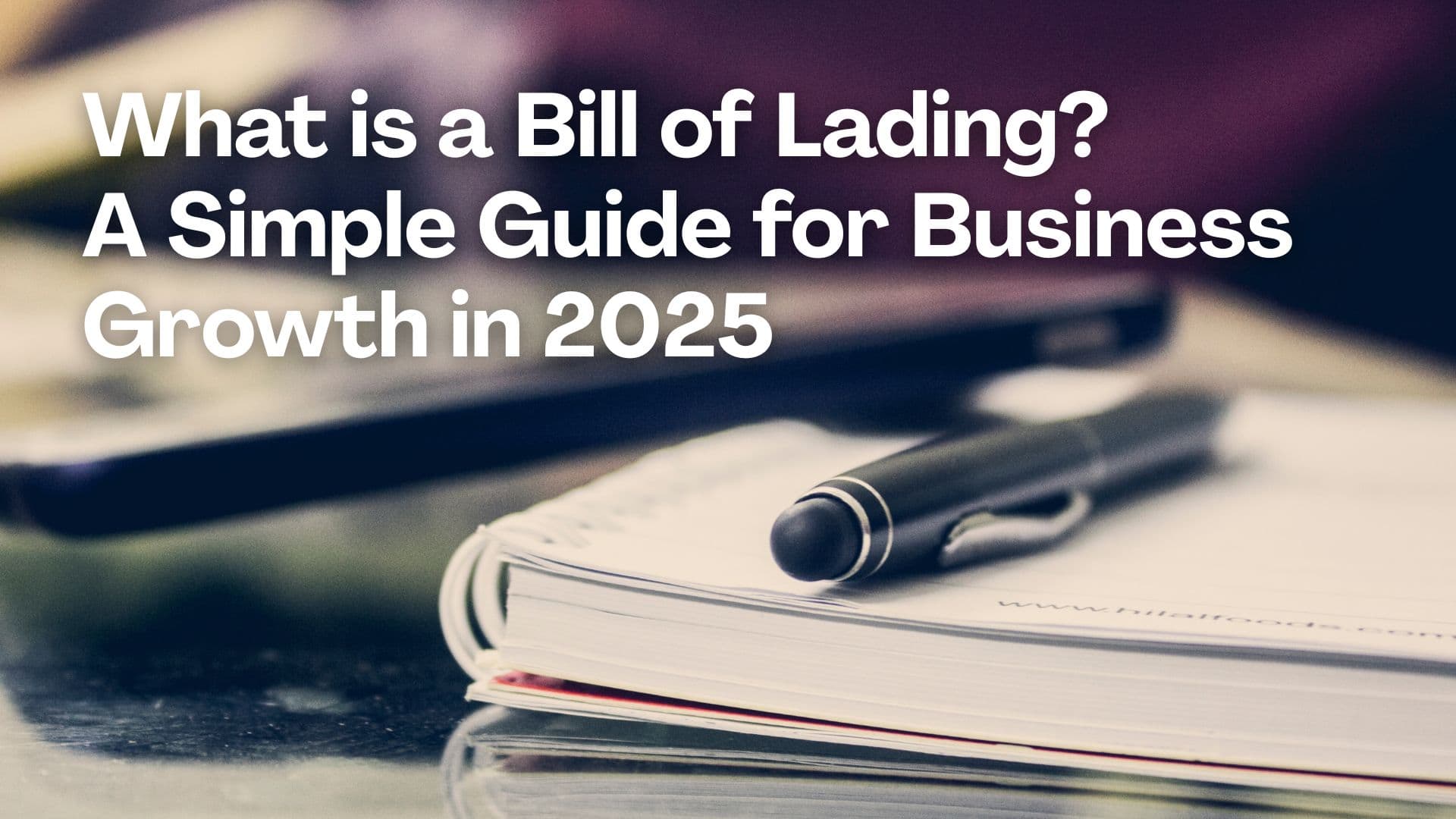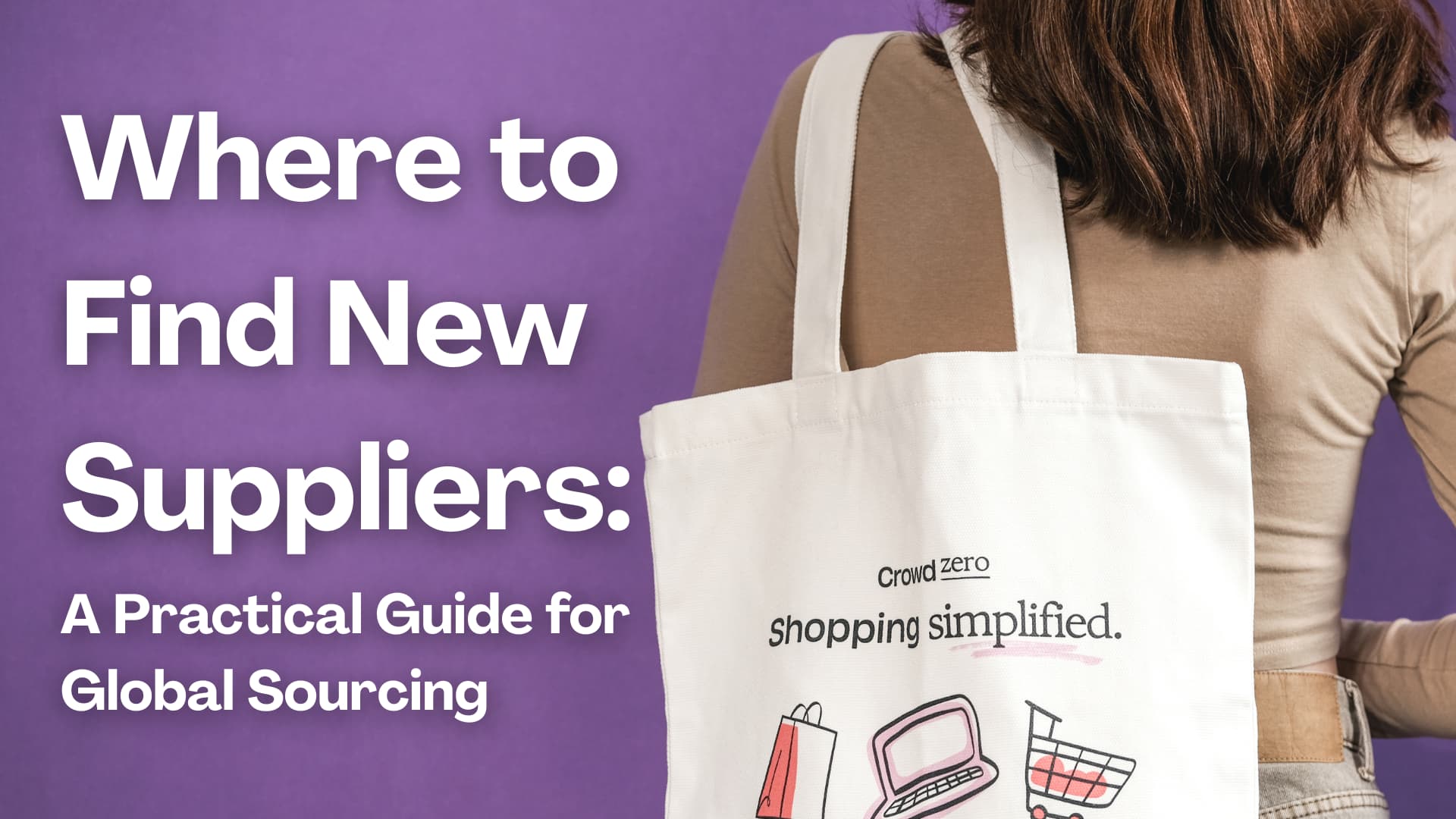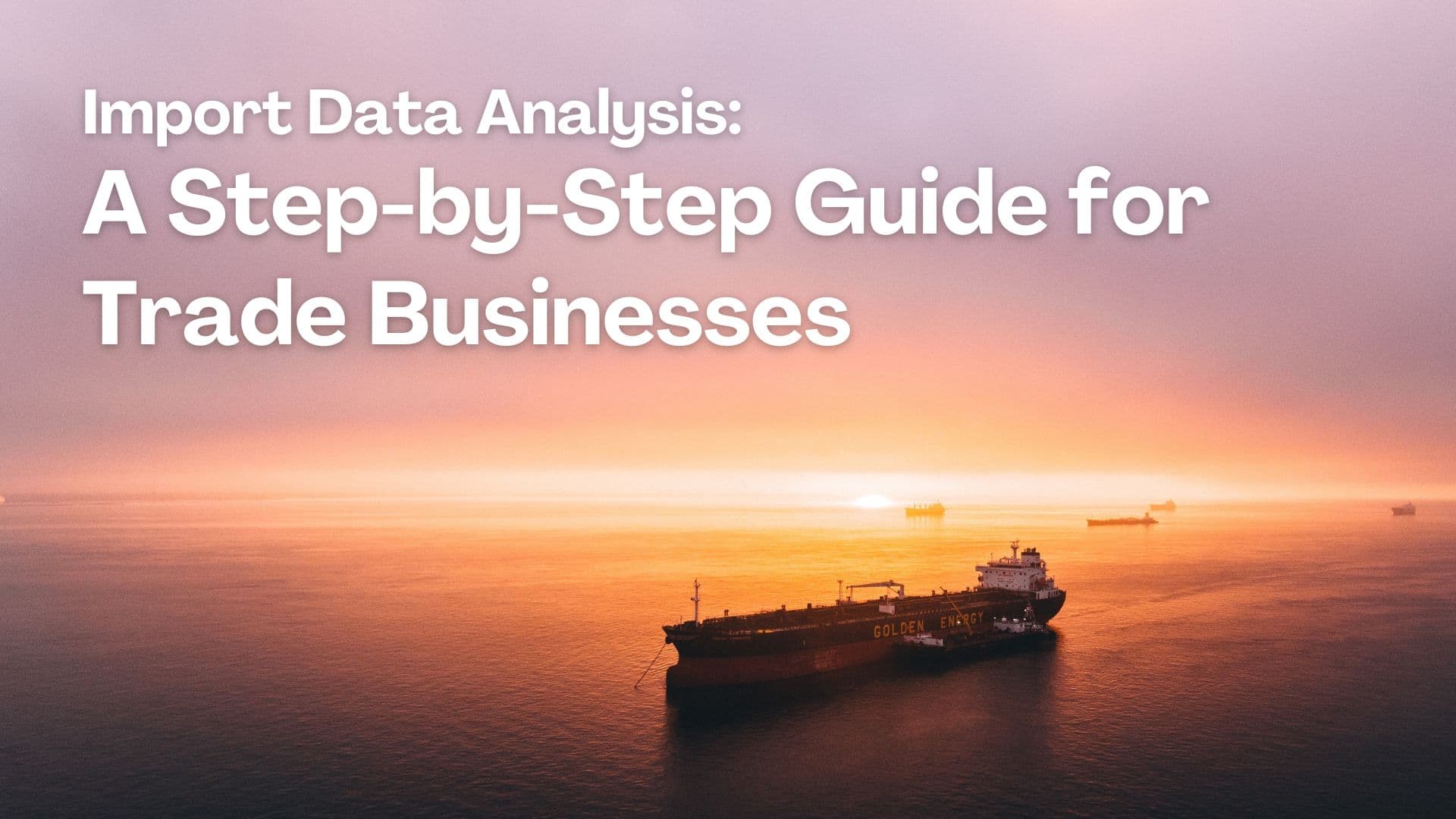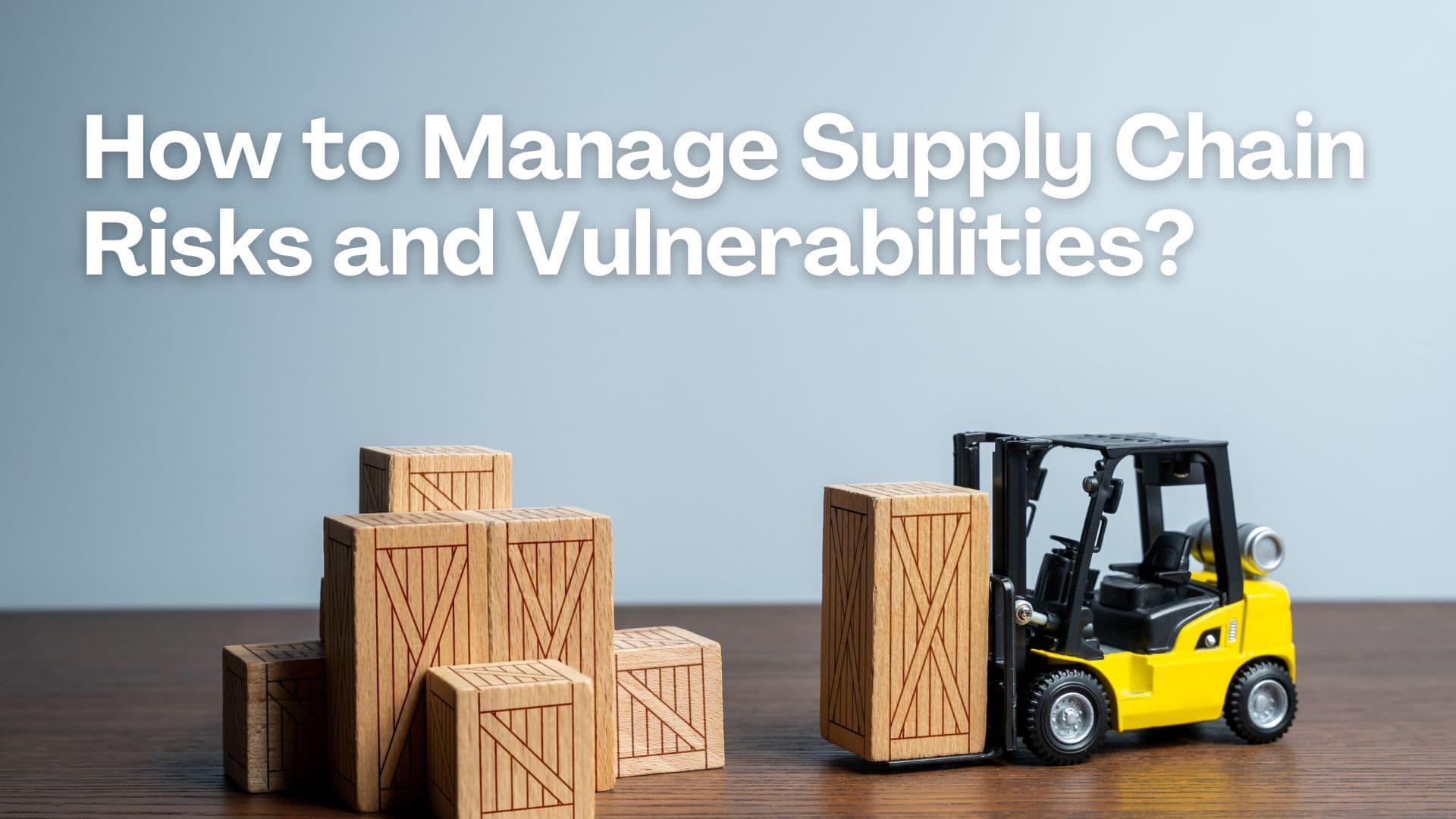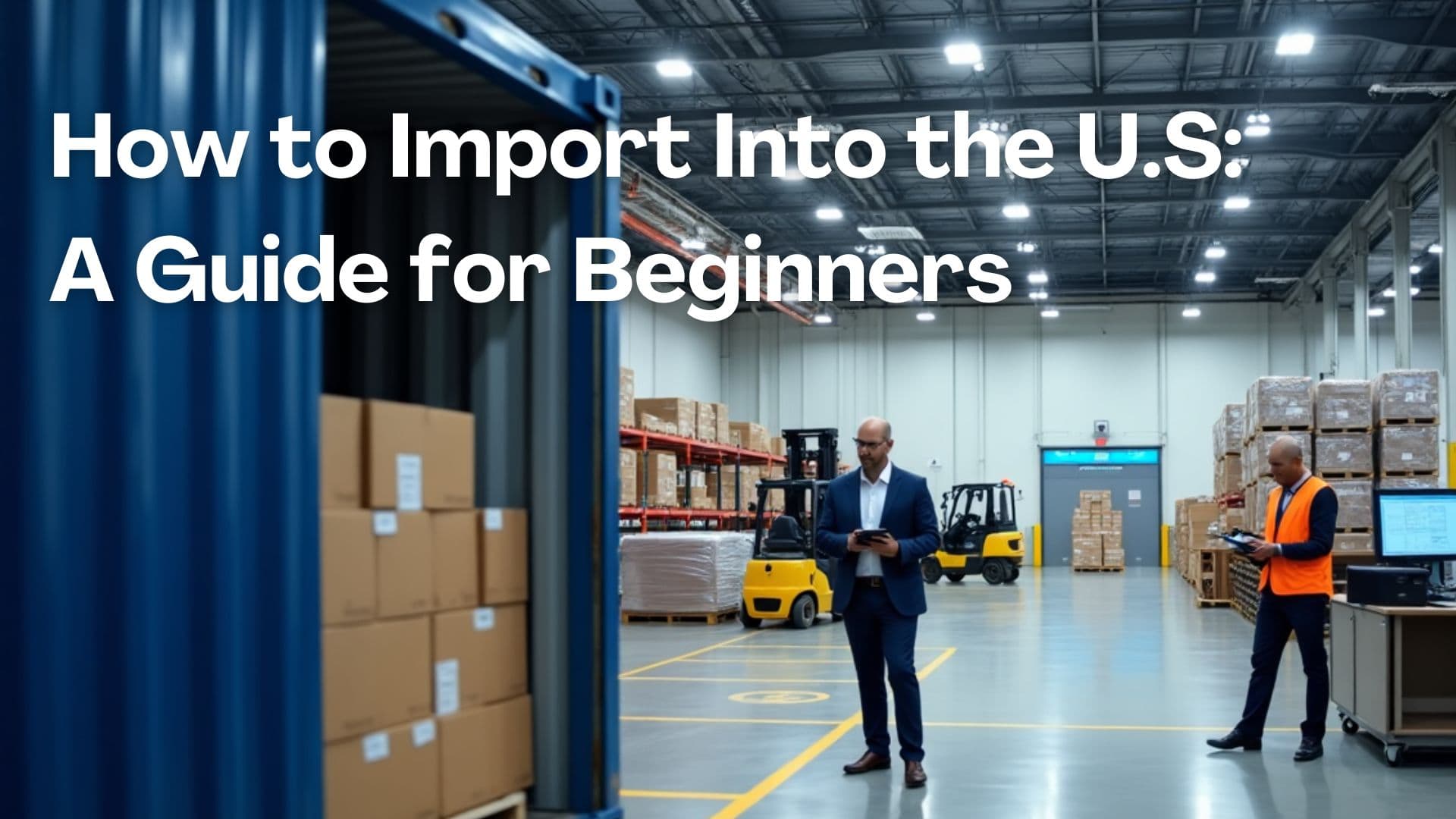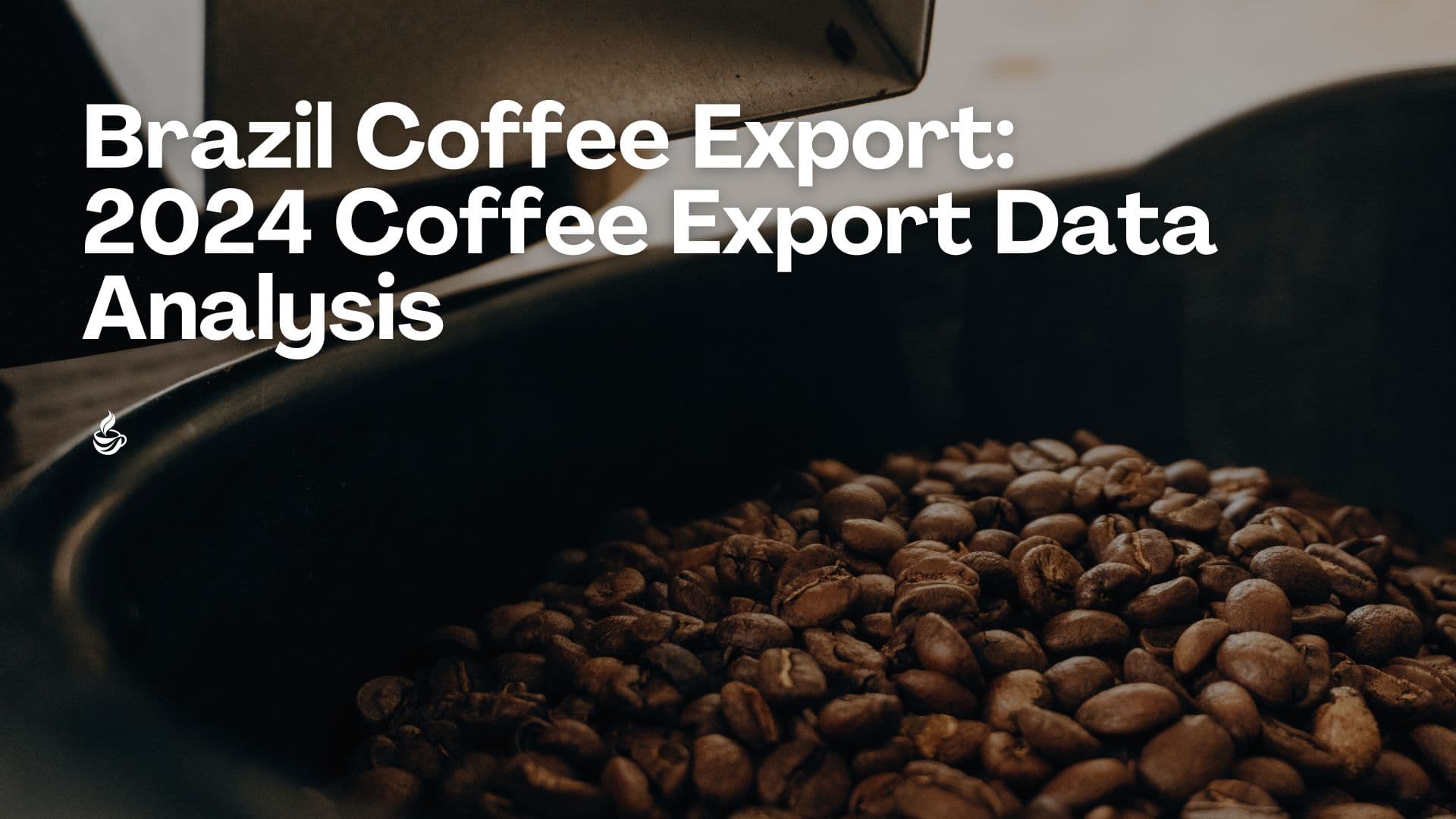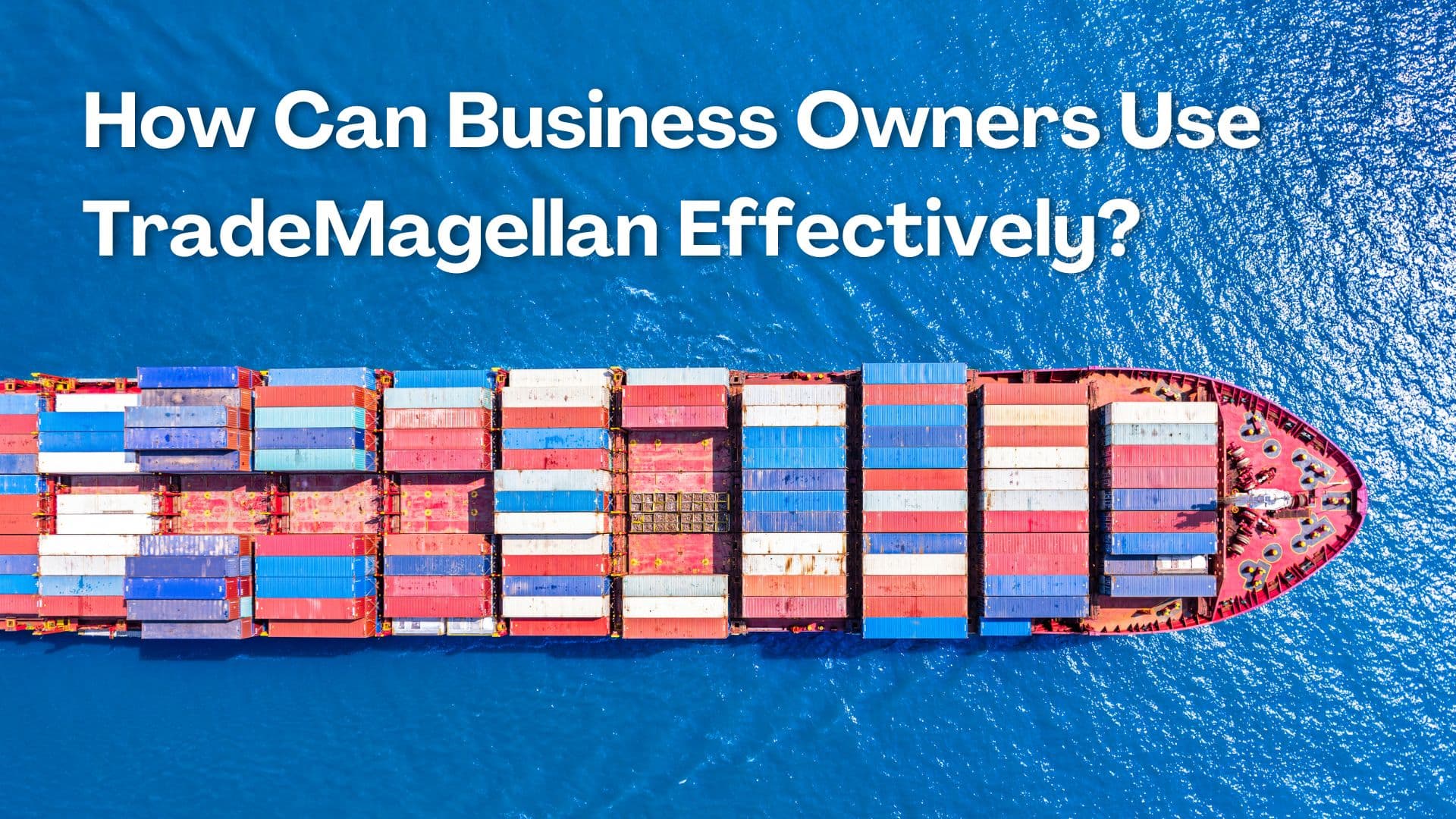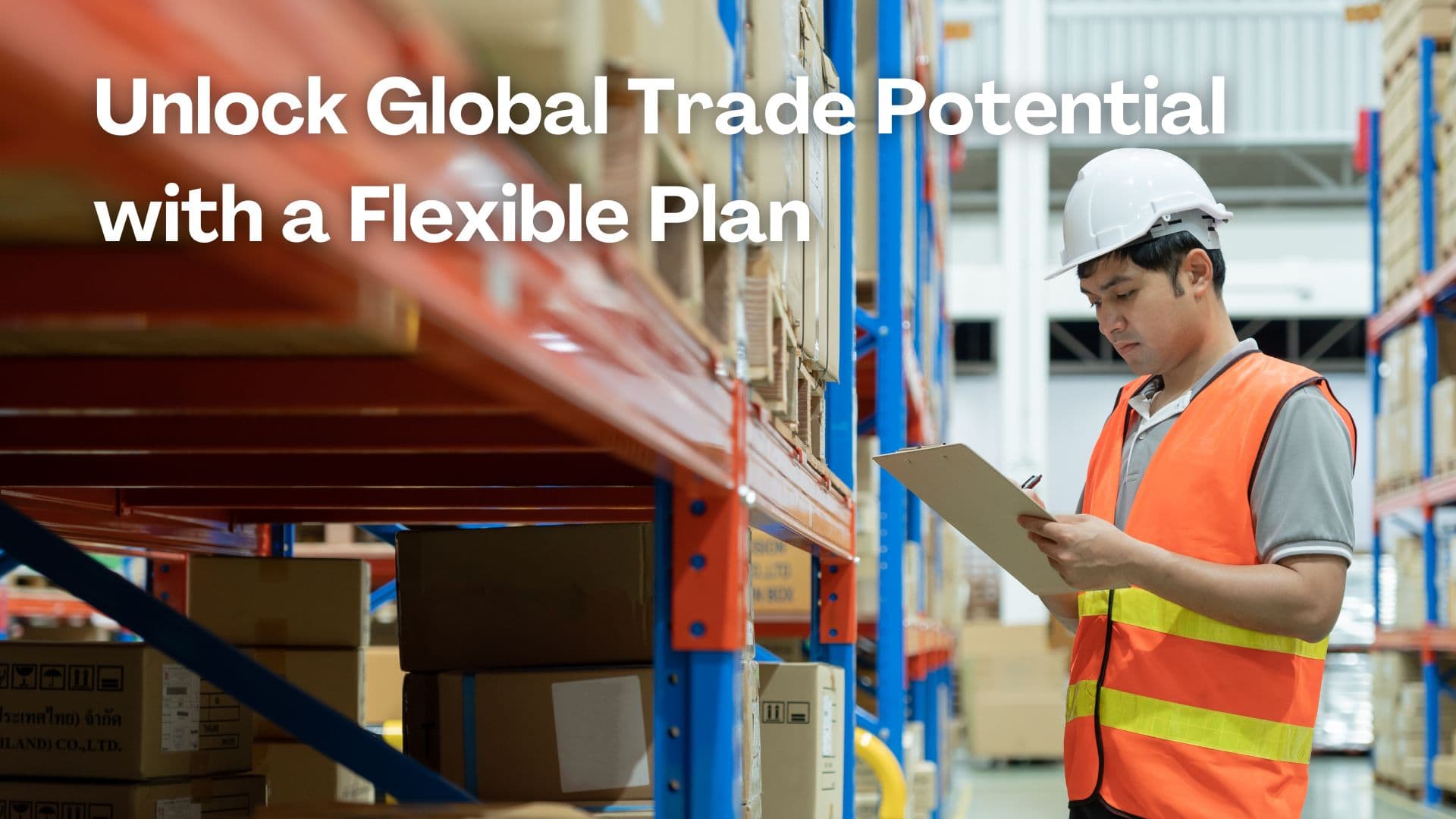Can trade data show specific trading parties?
1609929-Aug-2025
Last week, a client reached out frustrated: they’d spent weeks scrolling through generic trade reports, trying to find the Indian company importing their type of industrial valves,only to hit dead ends. “All I see is ‘India imports $50M in valves yearly,’” they said. “Where are the actual company names?” If you’ve ever felt this way, you’re not alone. Too many businesses think trade data is just a bunch of numbers about products and countries,but the truth is, the right Customs trade data doesn’t just tell you what is traded. It reveals who is doing the trading.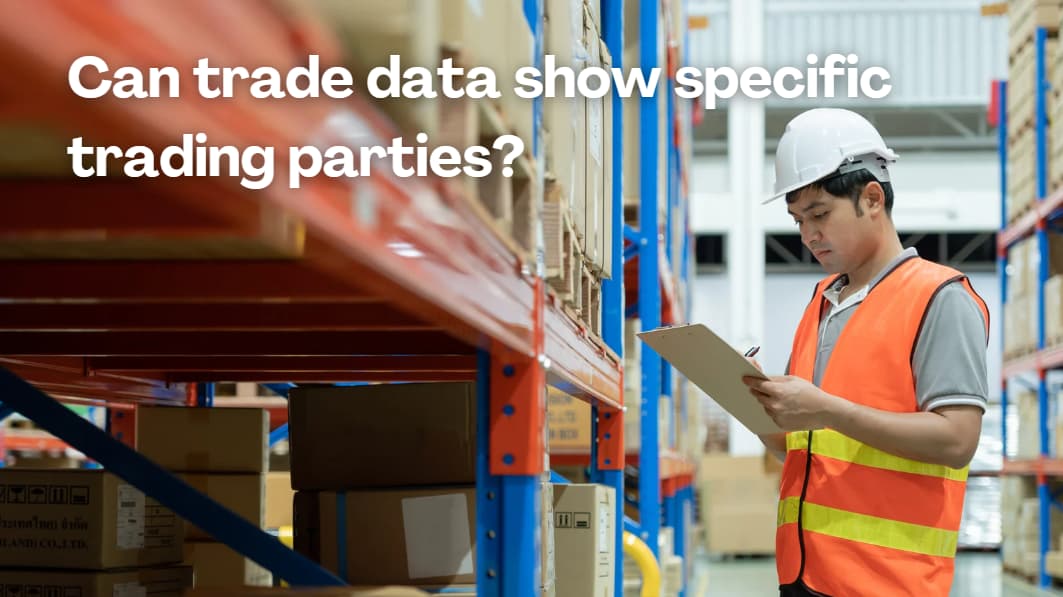
The question isn’t “Can trade data show specific trading parties?” It’s “Which trade data tools actually deliver that info?” For most platforms, the answer is “not really”,they hide key details behind vague labels. But with TradeMagellan, we turn Customs trade data into a directory of real businesses, complete with names, contact info, and even their trading habits. Let’s break down how this works, and why it’s a game changer for anyone in import export.
Customs Trade Data: The Source of Real Trading Party Info
First, let’s clear a myth: not all trade data is created equal. Generic “global trade data” might list product categories or countries, but Customs trade data,the records filed directly with border authorities,is where the magic happens. Every time goods cross a border, customs agencies require details like:
• The import export company name list (both the buyer and seller).
• Contact info (phone, email, website) for verified businesses.
• Transaction specifics (quantity, price, shipping date).
A Brazilian coffee exporter learned this firsthand. They wanted to sell to US roasters but didn’t know where to start,until they used TradeMagellan’s Customs trade data. They searched for “US coffee imports” and found not just totals, but an import export company name list of 200+ US roasters, including small batch brands and large chains. For each name, they saw:
• Which Brazilian suppliers those roasters currently worked with.
• How often they ordered (monthly vs. quarterly).
• Even the types of coffee beans they preferred (arabica vs. robusta).
Armed with this, the exporter sent personalized pitches (“We noticed you import 100 kg of Brazilian arabica monthly,our farm specializes in the same bean, with 2 week faster shipping”). They closed 12 new clients in 3 months. Without Customs trade data, they’d still be guessing who to email.
Bill of Lading Records: The Proof Behind the Parties
You might wonder: “How do I know the import export company name list is accurate?” The answer lies in bill of lading records,the legal documents that track every shipment. These records aren’t just for logistics; they’re a verified source of who’s buying and selling.
For example, a Chinese electronics manufacturer wanted to confirm if a US distributor was legitimate (they’d heard horror stories of fake buyers). Using TradeMagellan, they searched the distributor’s name in our bill of lading records and found:
• The distributor had imported $2M in electronics from South Korea in the past year.
• Their shipments went to verified US retailers (like Best Buy and Walmart).
• They always paid on time (no delays flagged in customs filings).
This wasn’t just reassurance,it was proof. The Chinese manufacturer felt confident partnering with them, and the distributor became their top US client. Bill of lading records turn “unknown names” into “trusted partners.”
TradeMagellan’s Edge: Making Trading Party Data Usable (Not Overwhelming)
The problem with most Customs trade data tools is that they dump raw lists on you,hundreds of company names with no context. TradeMagellan fixes this by:
• Filtering for relevance: If you’re a German auto parts supplier, you don’t need an import export company name list of US toy importers. Our tool lets you narrow results by product (HS code), country, or even company size.
• Adding context: For every company name, we show their trading history (e.g., “This US importer buys 500 units of brake pads monthly from Japan”).
• Verifying info: We cross check bill of lading records and customs filings to ensure company names, emails, and addresses are up to date (no more sending pitches to closed businesses).
A UK fashion wholesaler summed it up: “Before, I’d get an import export company name list with 1,000 names,and no idea which ones actually needed my clothes. Now, TradeMagellan shows me ‘This French retailer just stopped importing from Turkey,they’re looking for new suppliers.’ That’s the difference between wasting time and making sales.”
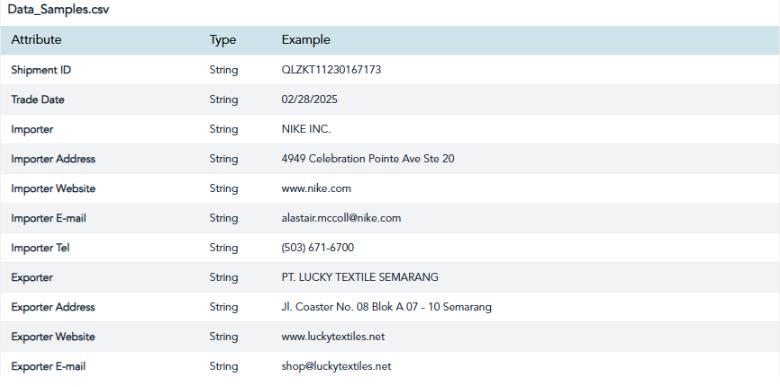
Real World Win: How a Small Supplier Beat the Competition
Let’s wrap with a story that shows why this matters. A Mexican spice supplier wanted to break into the Canadian market. They used TradeMagellan’s Customs trade data to search for “Canadian spice imports” and found a gap: most Canadian grocery chains imported from India, but those shipments had 3 week delivery times.
Next, they pulled the import export company name list for Canadian grocery chains and used bill of lading records to confirm: yes, those chains were frustrated with delays. The Mexican supplier then pitched “1 week delivery from our Texas warehouse” and included a link to their bill of lading records (proving their on time track record). Within 2 months, they were supplying 5 Canadian grocery chains,all because they used trade data to find specific parties with specific pain points.
So, can trade data show specific trading parties? Absolutely,if you’re using the right data (Customs trade data) and the right tools (like TradeMagellan). Generic trade reports will leave you guessing, but Customs trade data with an import export company name list and verified bill of lading records turns uncertainty into opportunity.
For your business, this means no more cold emailing strangers or relying on brokers. It means finding real, verified buyers and suppliers who are already trading in your product category,then using their own trade history to craft pitches they can’t ignore.
Ready to stop guessing who your next client is? Let TradeMagellan show you the import export company name list that matters for your business, backed by bill of lading records you can trust. Your next big partnership is just a search away.




